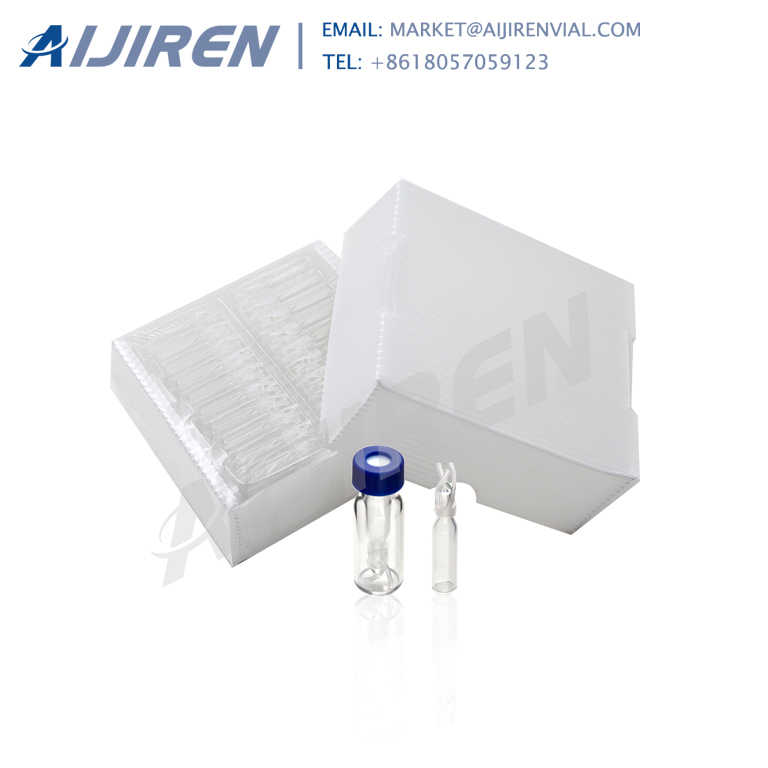
Membrane Filter Procedure Applied in the Field - CDC stacks. glass petri dishes routinely used in this laboratory for membrane filter studies. Culture Media. All
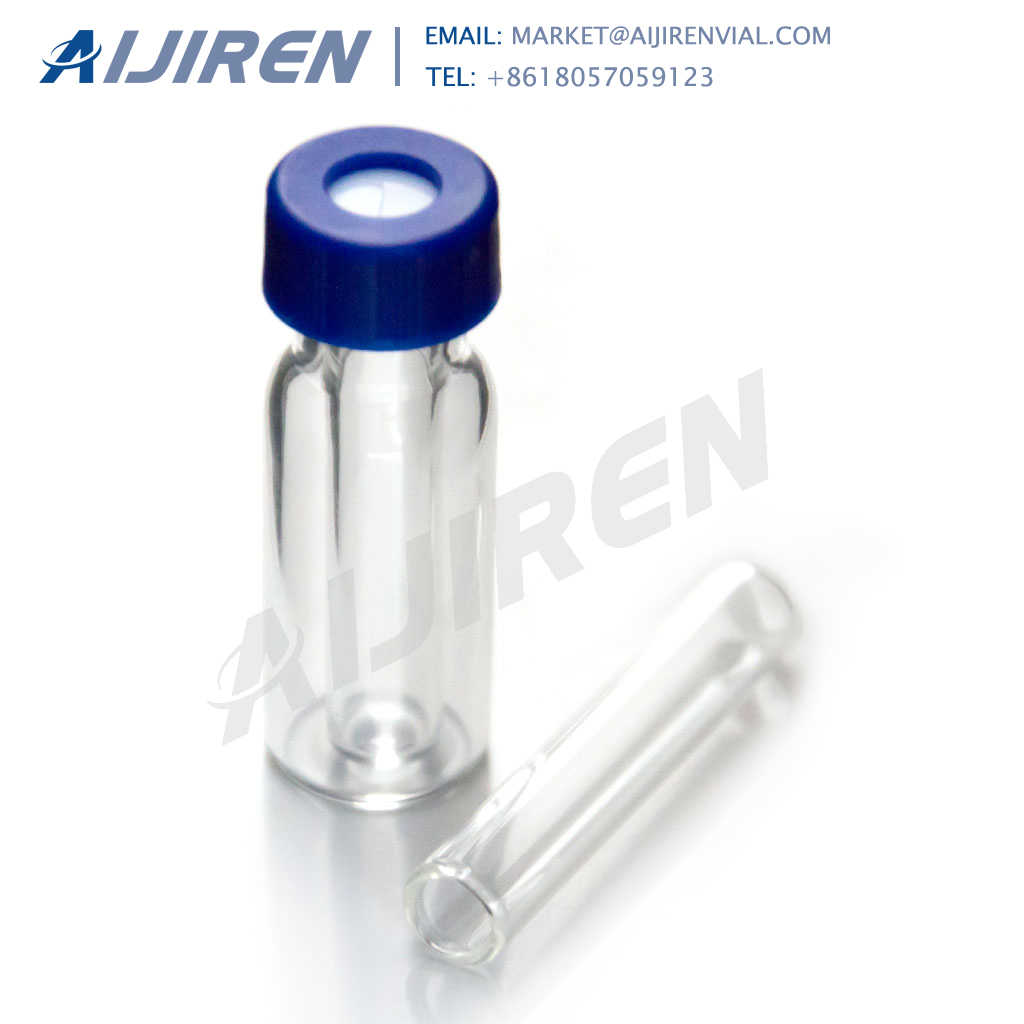
Oct 12, 2021 · The membrane is a physical obstruction that, depending on its physical and/or chemical properties, allows certain compounds to pass through the membrane. So membrane filtration is a physical procedure for particle separation of particles by means of semi-permeable membranes. Membrane filtration is a rapidly expanding field in water treatment.

Membrane Filtration Design. · Membrane filtration is a mechanical barrier that uses a straining mechanism only to remove material from the water. · If the barrier is intact, no particles larger than the membranes pore size can pass through the filter. This is illustrated in Figure 1.2.
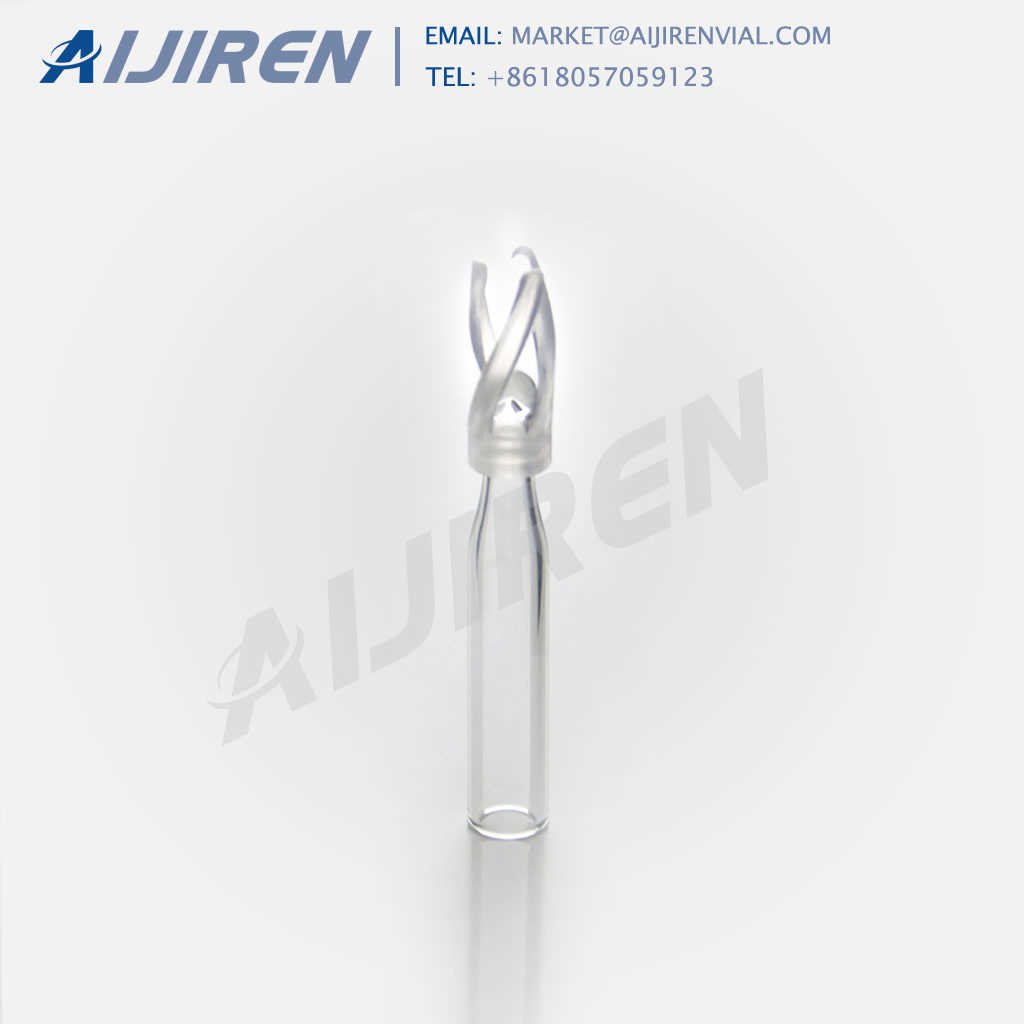
Procedures where you can use membrane filters. Membrane filters can be very useful for different purposes. Usually, the membrane filter you choose would depend on what types of procedures you plan to use it for. Here are some procedures where you can use such filters: Cross-flow filtration. This procedure is mainly used in the food industry.
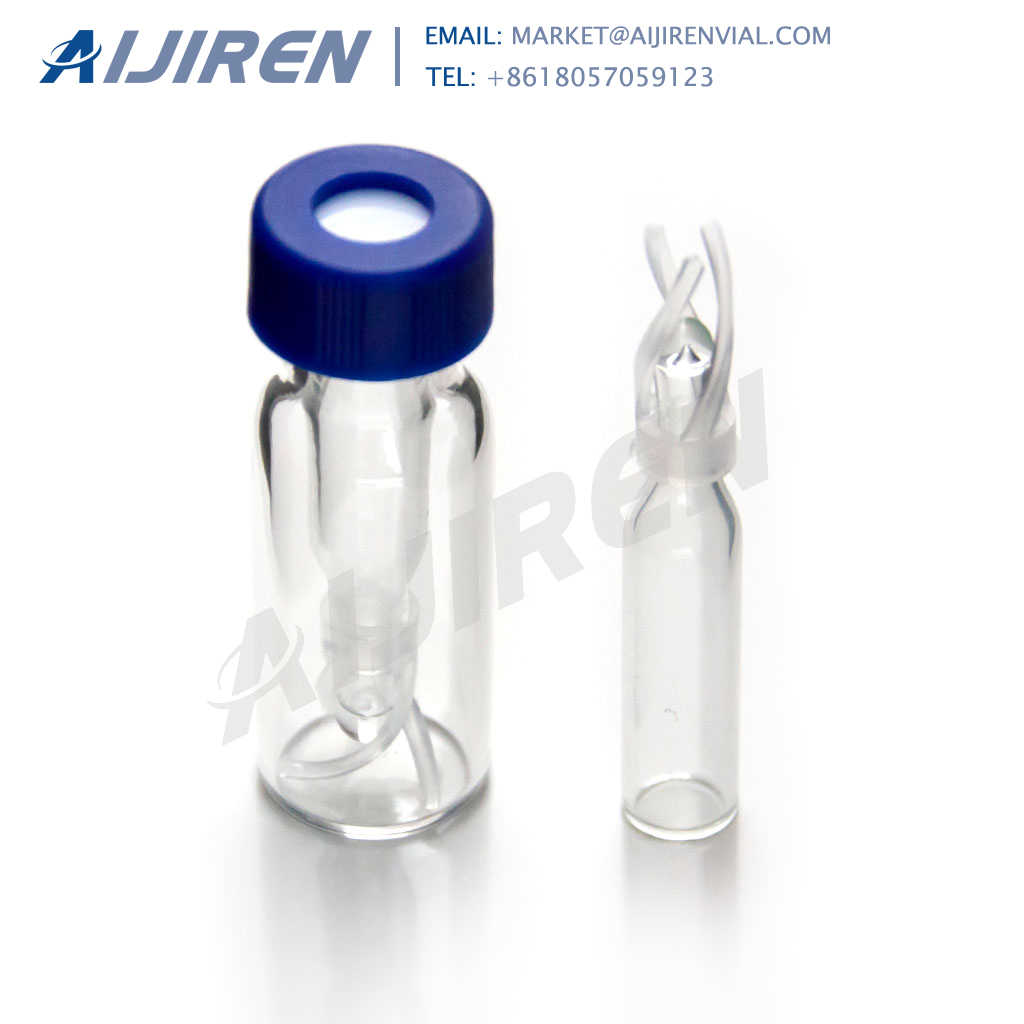
Sterilize pads simultaneously with membrane filters available in resealabl e Kraft envelopes or separately in other suitable containers. Dry pads so they are free of visible moisture before use. See sterilization procedure described above for membrane filters. 4.7.2 As a substrate substitution for nutrient-saturated absorbent
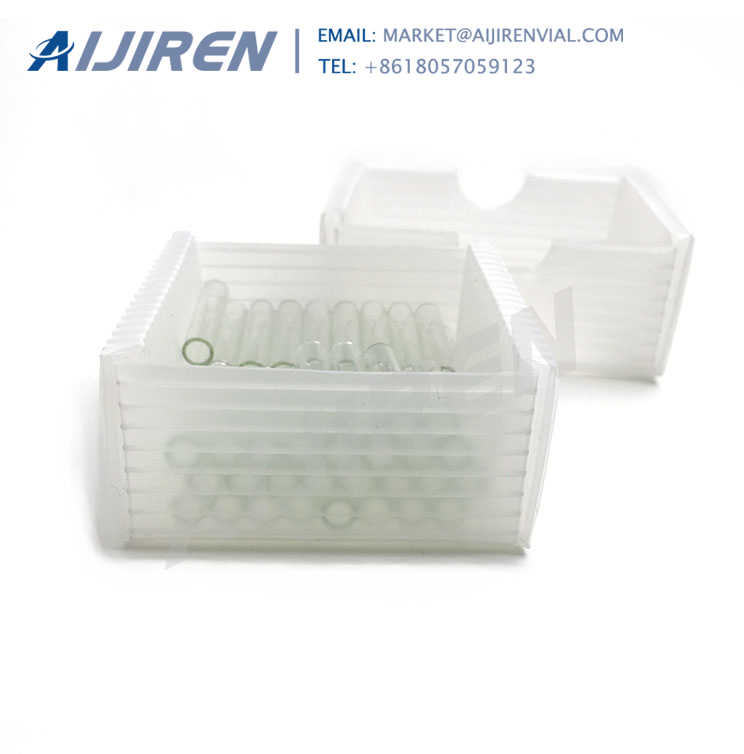
Membrane filters are constructed out of a wide range of synthetic materials, including cellulose acetate, cellulose nitrate (collodion), polyamide (nylon), polycarbonate, polypropylene, and polytetrafluoroethylene (Teflon). With the exception of polycarbonate filters, most form a complex network of fine, interconnected channels.
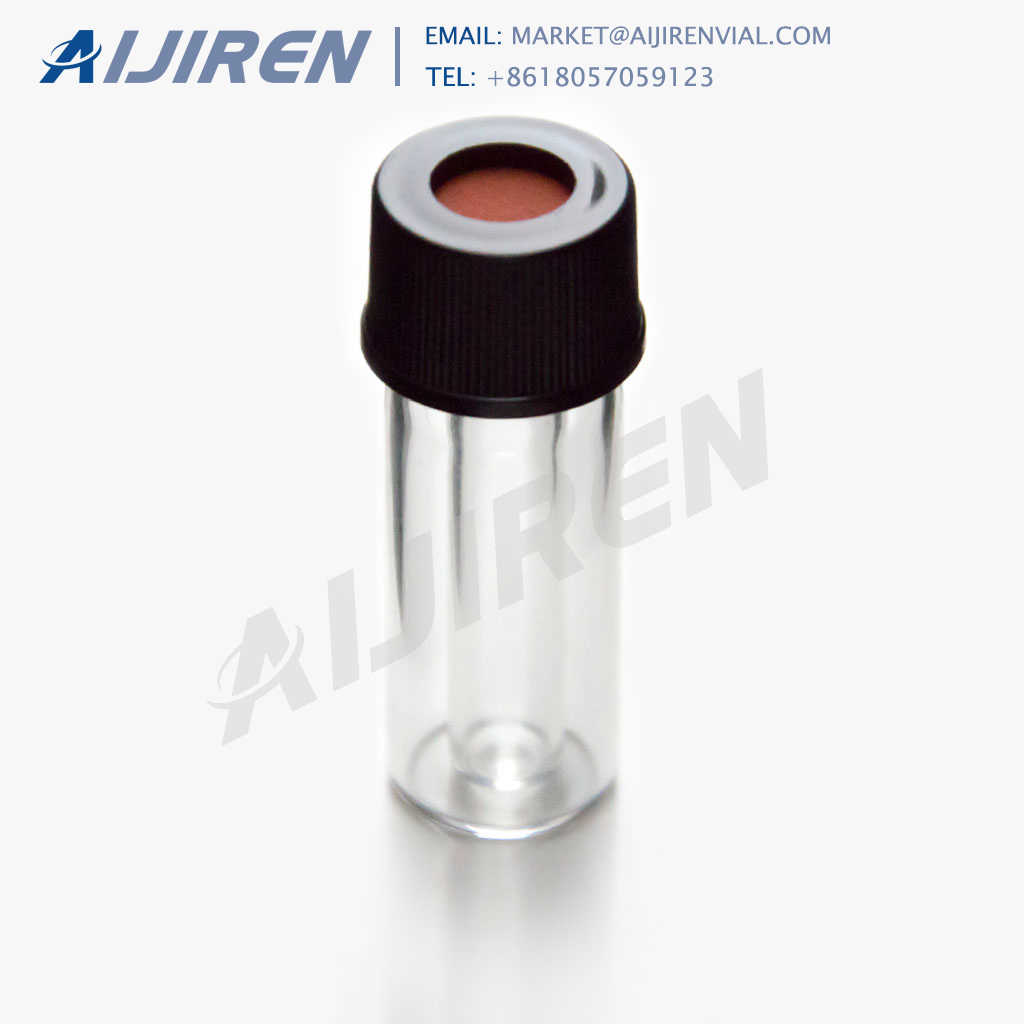
A membrane filter procedure is described for the enumeration of Candida albicans in natural Aijiren Technology. Several hundred milliliters of sample can be examined by filtration through 1.2-micrometer membranes. Selectivity is achieved by the use of a defined (yeast-nitrogen base plus maltos-) agar medium inclusion of the antimicrobial agents
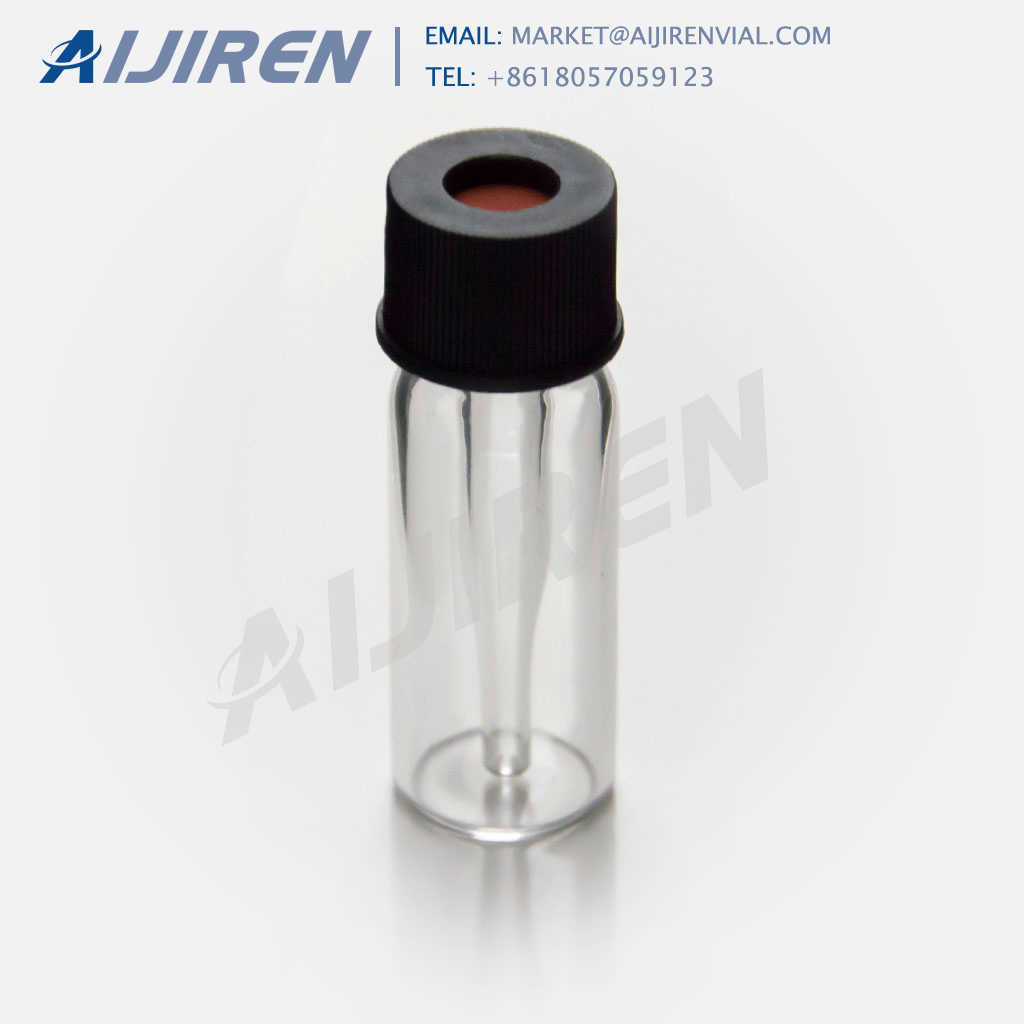
Membrane Filtration 1 Membrane Filtration . A membrane is a thin layer of semi-permeable material that separates substances when a driving force is applied across the membrane. Membrane processes are increasingly used for removal of bacteria, microorganisms, particulates, and natural organic material, which can impart color,
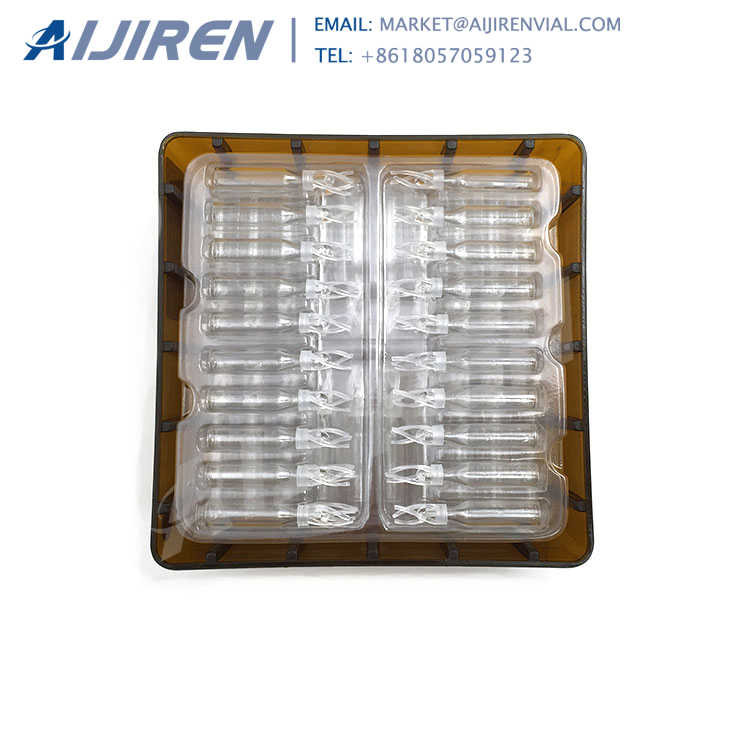
Membrane filters act as a barrier to separate contaminants from water, or they remove the particles contaminating the water. Reverse osmosis, ultrafiltration, and nanofiltration all use a membrane in their different filtration processes. Our Master Water Specialist, John Woodard, explains what a membrane filter is and how it works inside different water filtration systems.
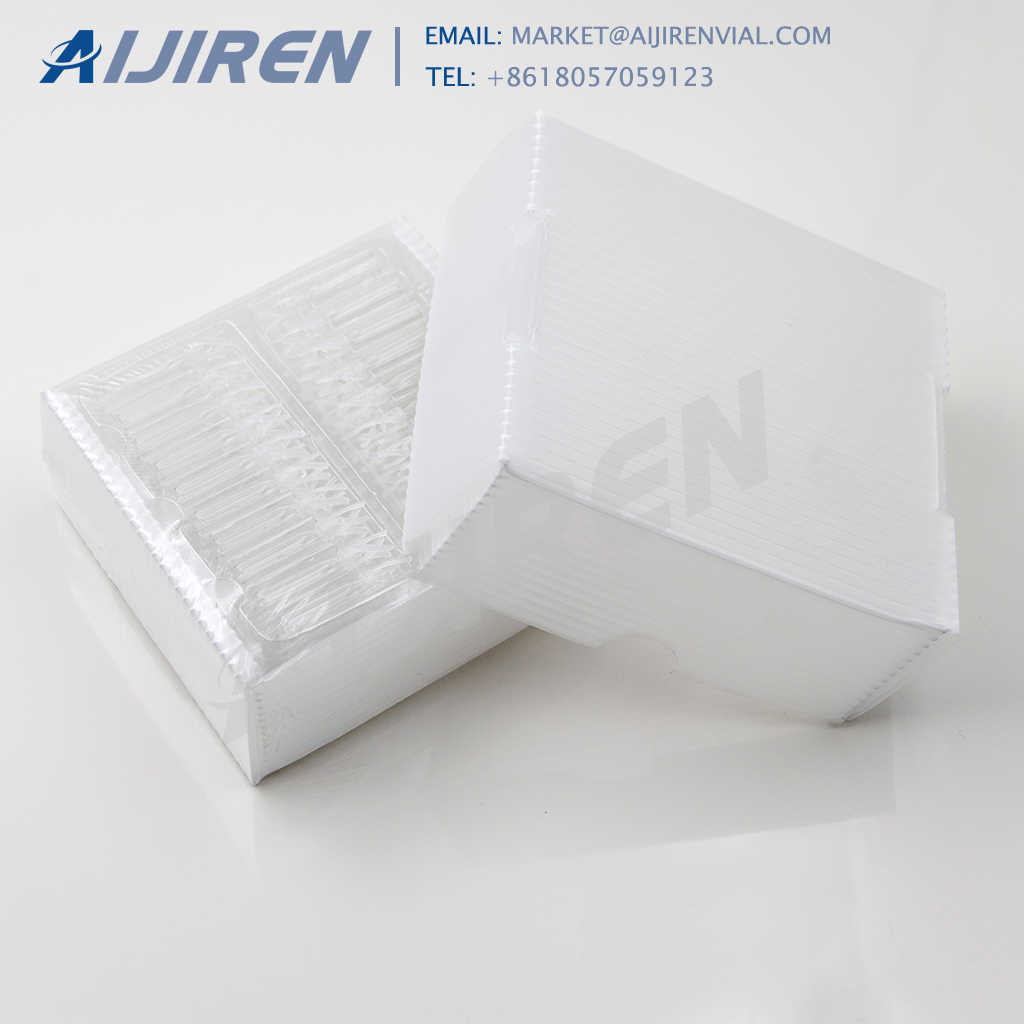
3. Flame the forceps, and remove the membrane from the sterile package. 4. Place the membrane filter into the funnel assembly. 5. Flame the pouring lip of the sample container and pour the sample into the funnel. 6. Turn on the vacuum and allow the sample to draw completely through the filter. 7.
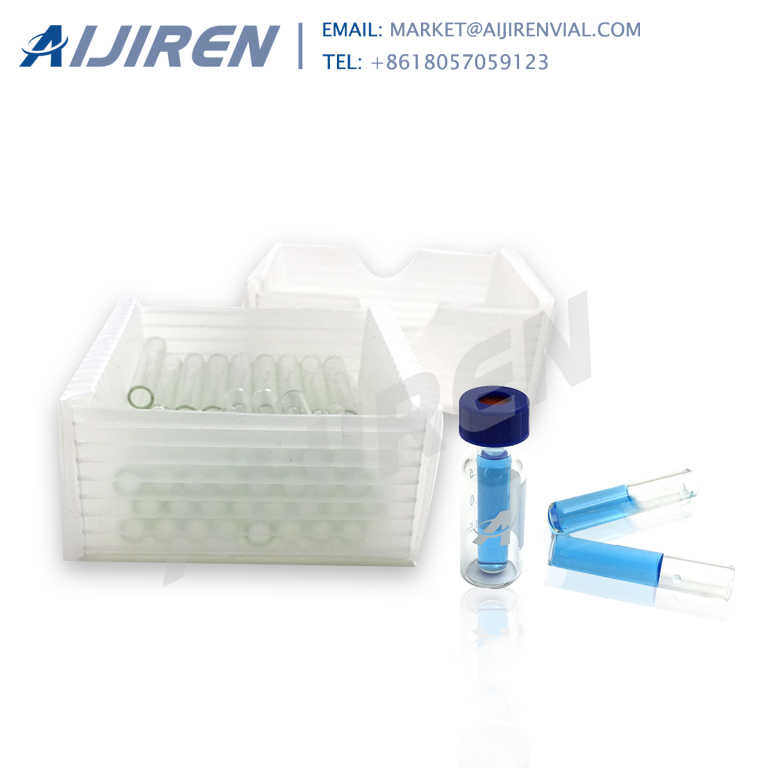
May 04, 2022 · Step-by-step Procedures. Collect the sample and make any necessary dilutions. Select the appropriate nutrient or culture medium. Dispense the broth into a sterile Petri dish, evenly saturating the absorbent pad. Flame the forceps, and remove the membrane from the sterile package. Place the membrane filter into the funnel assembly.
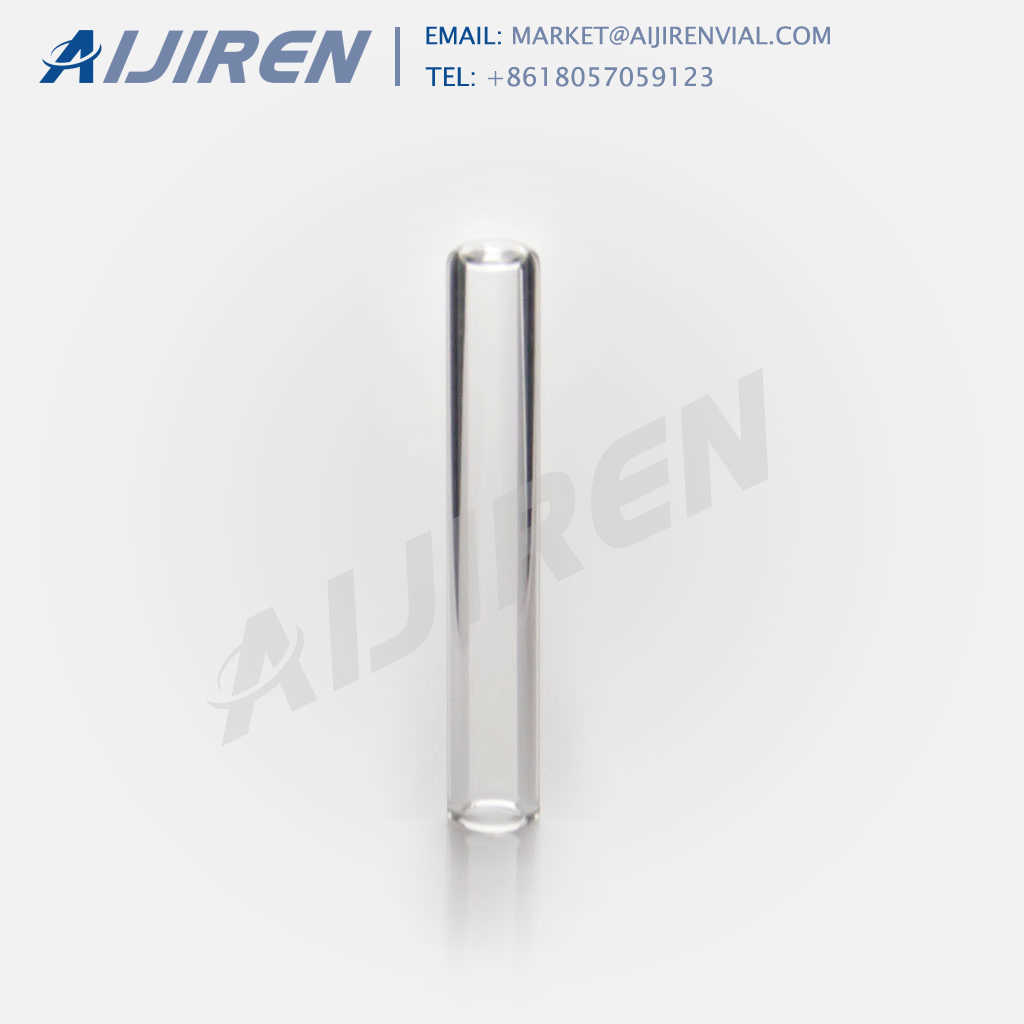
What is a Membrane Filter? A semi permeable membrane is utilized in separating suspended solids and other substances from various solvents, gases or liquids depending on the user’s application and choice of membrane.
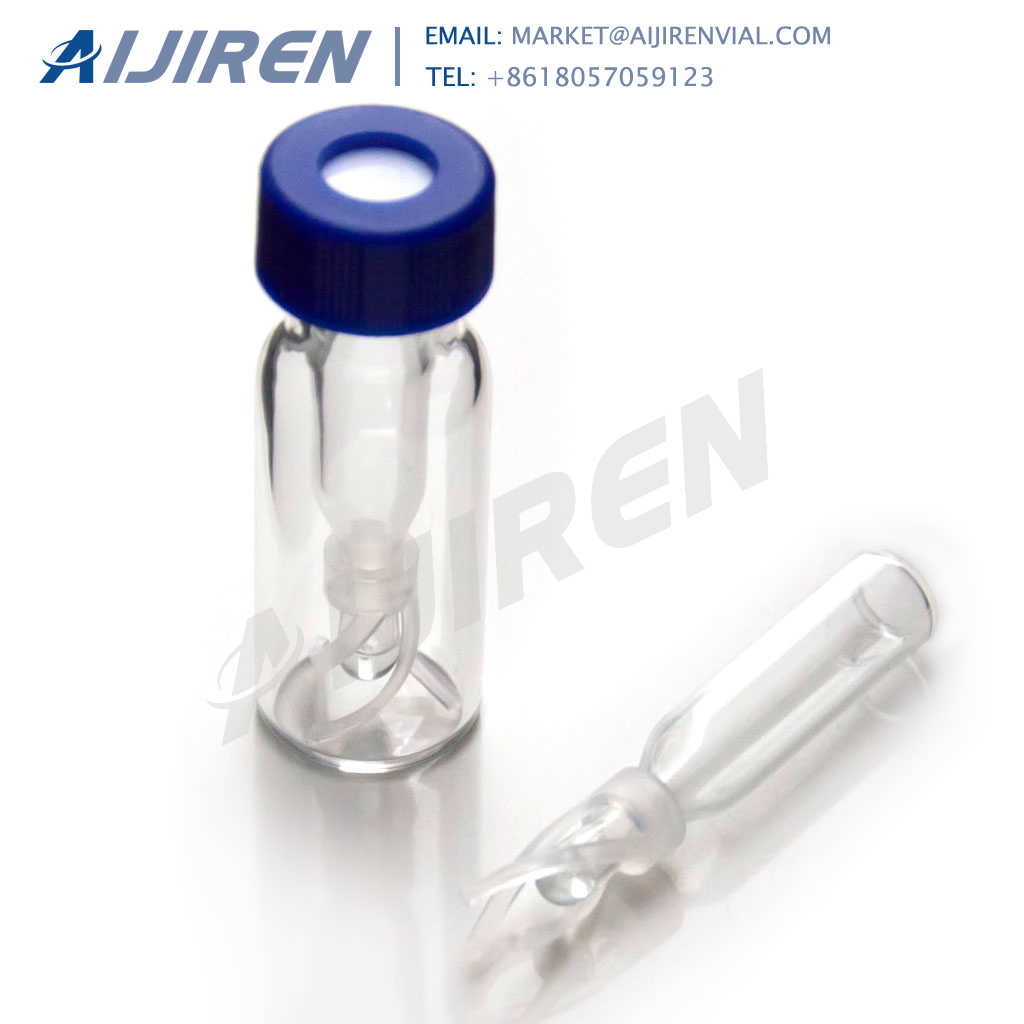
Also, what are the advantage and disadvantages of the membrane filter method in the analysis of water samples? Select all that apply. The major disadvantage of the membrane filter method is the presence of large numbers of gross particles, which clog the filter and impede the passage of the specimen being tested.

The membrane filtration sterility test is the regulatory method of choice for filterable pharmaceutical products. The test is particularly suitable for samples containing preservative, bacteriostatic or fungistatic compounds, which inhibit microbial growth of potential contaminants.
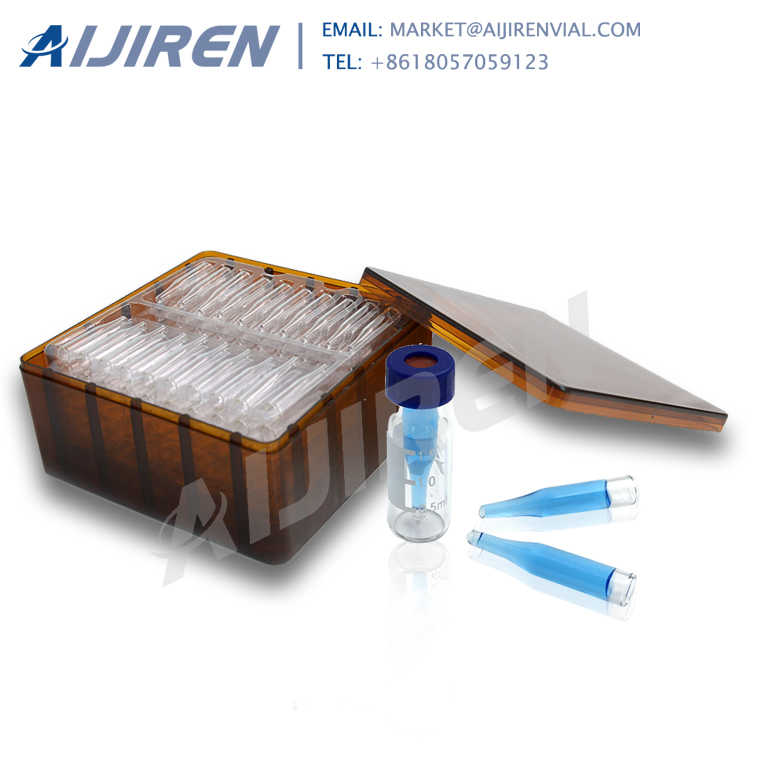
Sep 23, 2021 · The membrane filter, or the membrane, is the part of your body that allows you to filter out harmful and non-essential fluids. It also filters out harmful substances such as blood and blood-borne viruses. The filter is called a capillar because it lies on top of the cell membranes of the surrounding tissue.